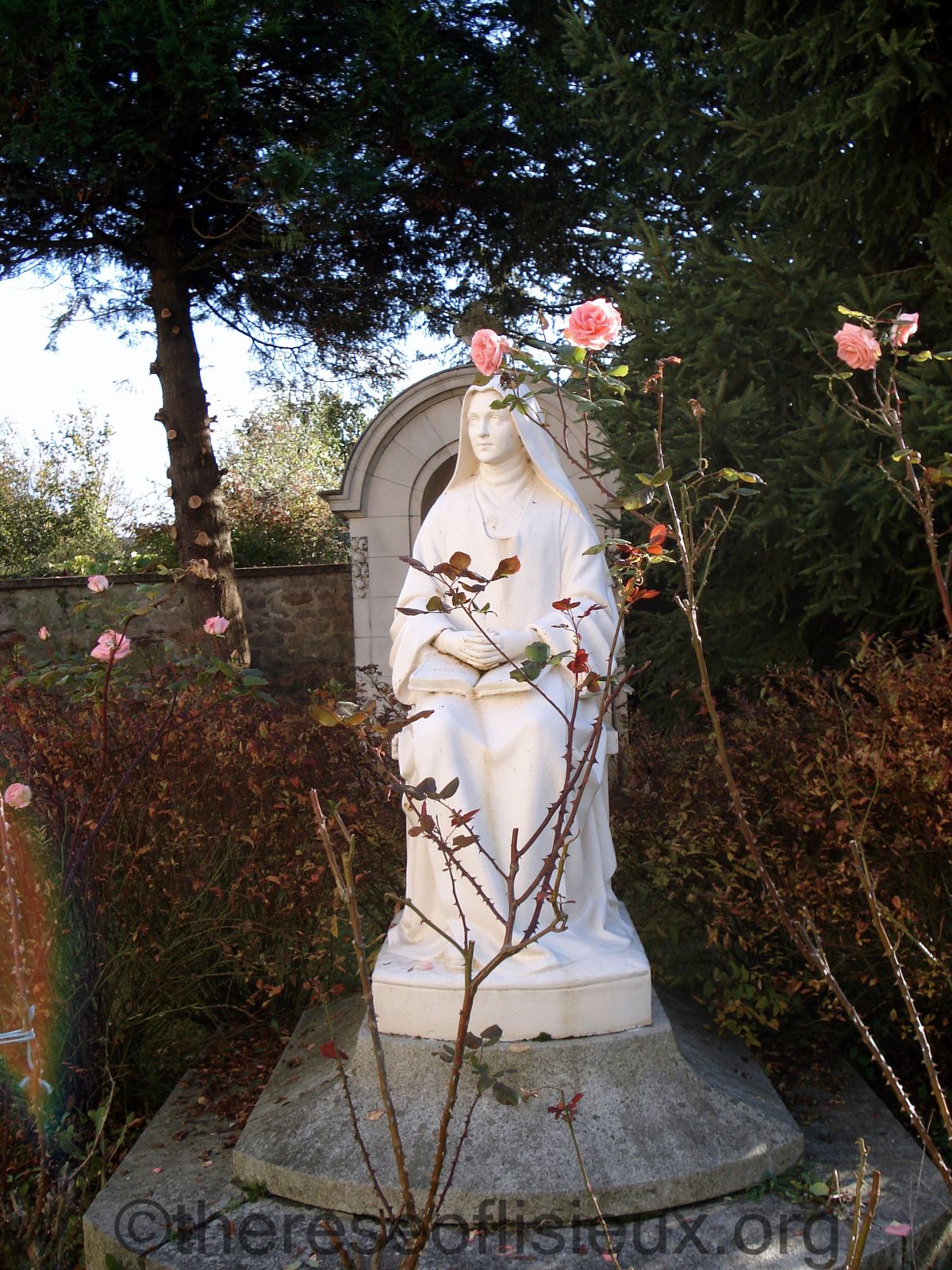



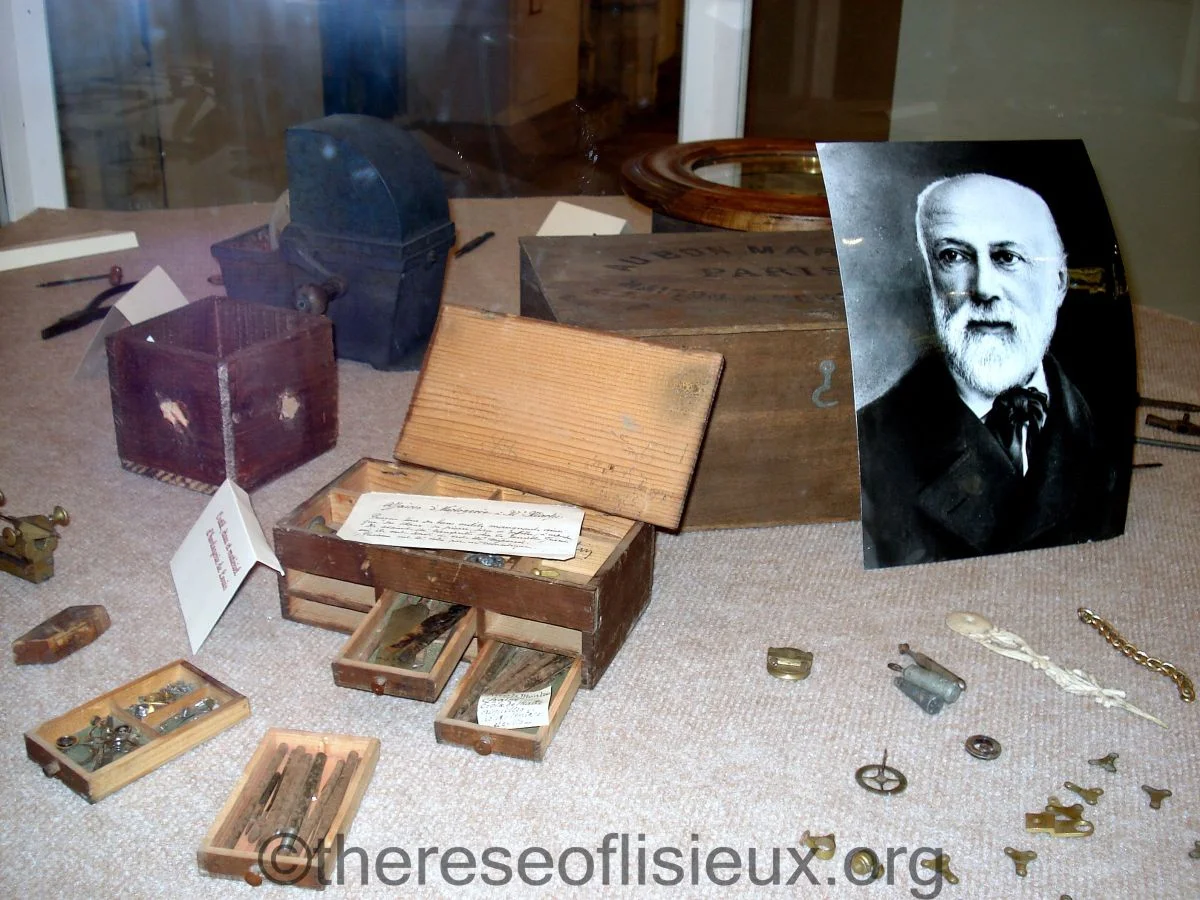

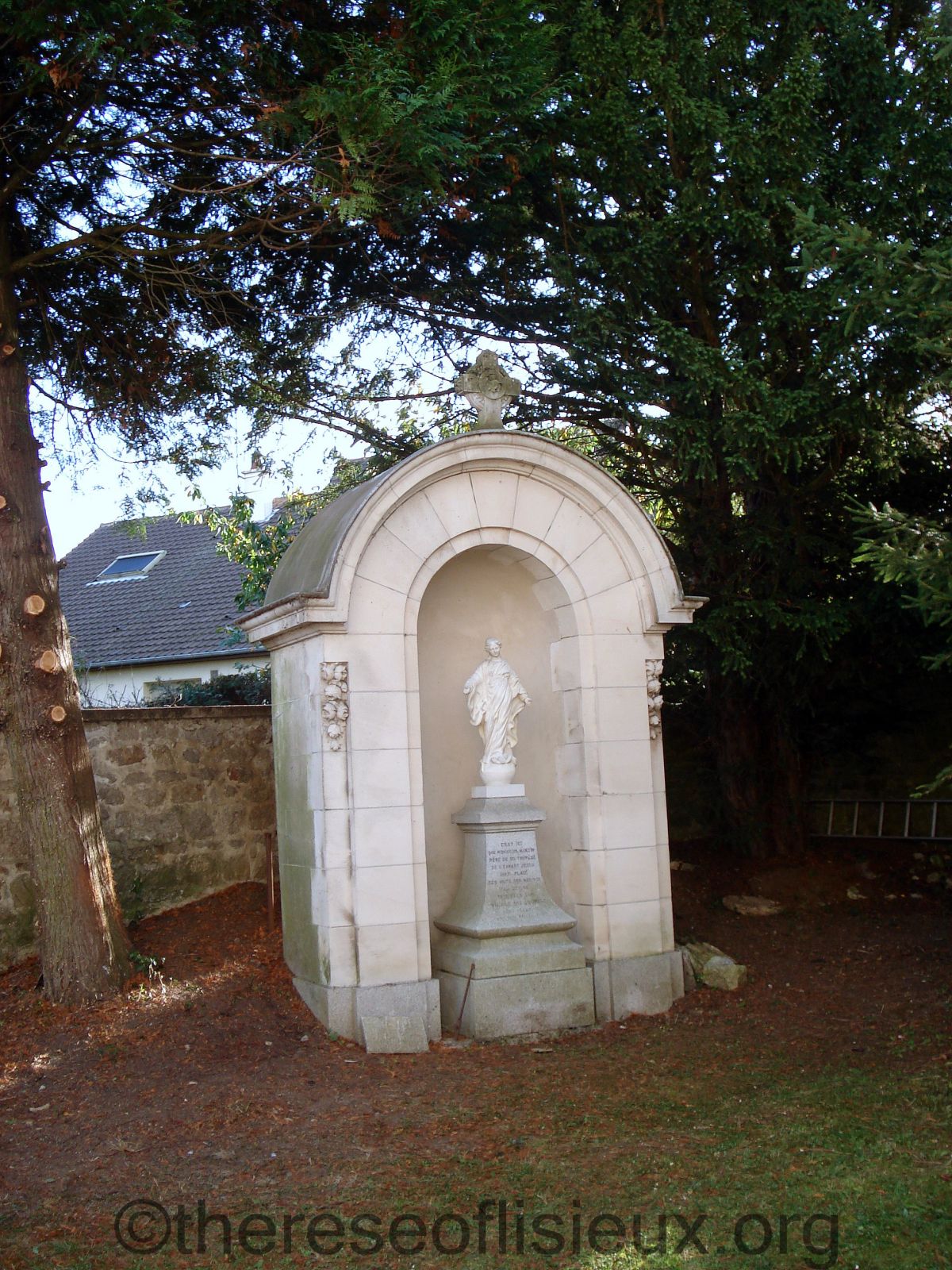


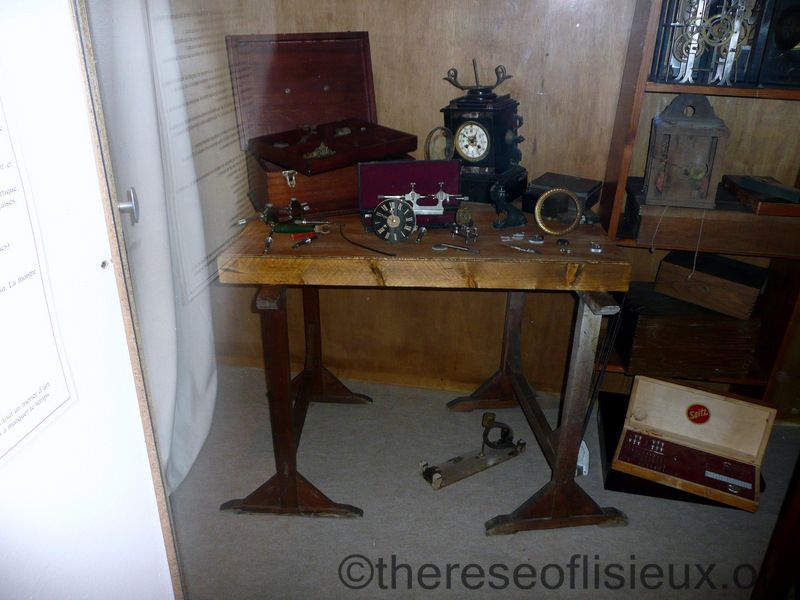
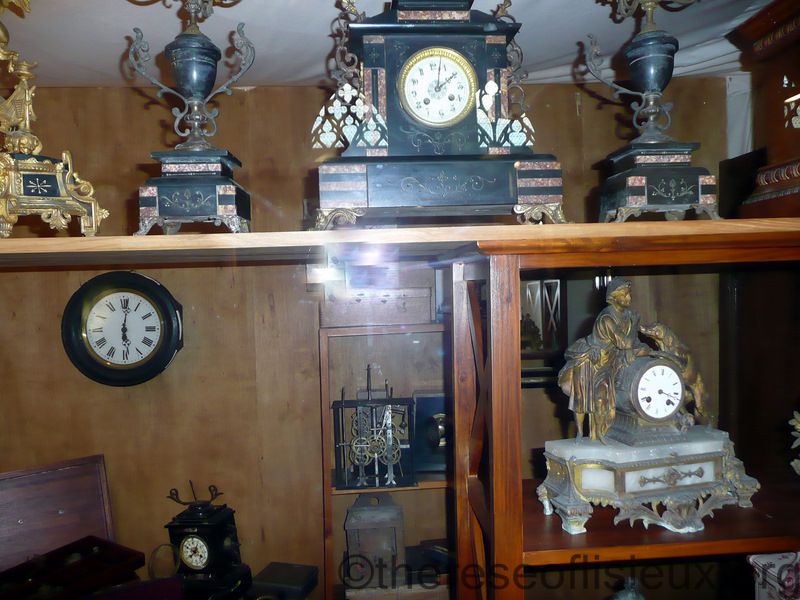



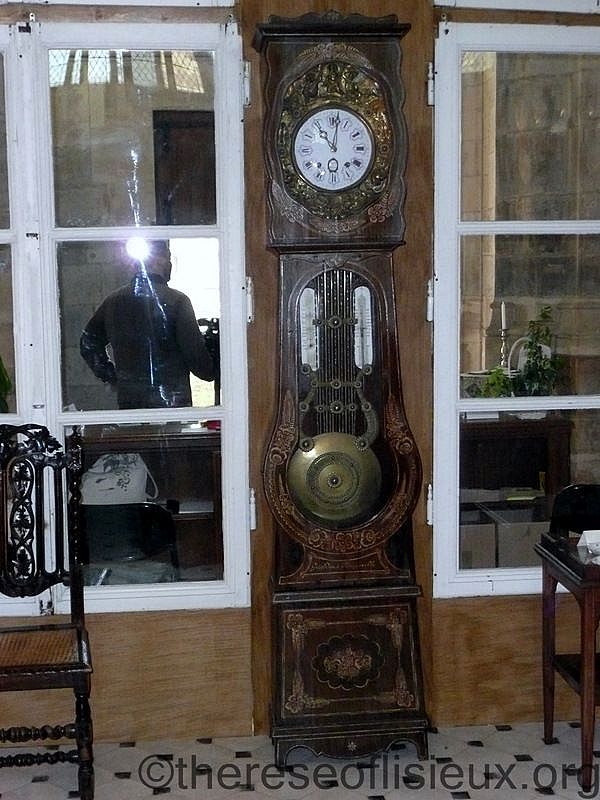
A disciple of the way of confidence and love
A statue of St. Therese in the Pavilion, Louis Martin's garden
Pilgrims in Louis Martin's garden in Alencon, October 17, 2008
Louis Martin's fishing gear displayed in his Pavilion in Alencon
Louis Martin's spyglass
Louis Martin's watchmaking tools
Photos of Alencon at the time of Louis and Zelie Martin
Statue of the Virgin of the Smile in Louis Martin's pavilion, Alencon
The statue of the Virgin of the Smile in Louis Martin's Pavilion
A 19th century watch shop like Louis Martin's
Clocks and clockmaking tools like Louis Martin's
Clocks of the period of Louis Martin
The parents of Louis Martin, Pierre-Francois Martin and Anne-Fanie Boureau
Captain Pierre-Francois Martin, the father of Blessed Louis Martin
Louis Martin's passport for his journey to Switzerland as a young man
A clock of St. Therese's family
Léonie Martin, the sister of St. Thérèse of Lisieux, became Sister Françoise-Thérèse of the Monastery of the Visitation at Caen in northern France. Léonie led a challenging life: ill from childhood; abused by a maidservant; expelled from school; isolated within her family. She tried religious life three times before she succeeded: in 1899, at the age of 35, she entered definitively the Monastery of the Visitation at Caen, where she died in 1941 at the age of 78.
How did the troubled child and unhappy teenager turn into the sister everyone remembered as so kind, so serene, and so happy that they could not believe she had had a difficult childhood? As a laywoman, Léonie lived at the margins of her family and her society. She found Christ there and made him the center and the source of her life. She discovered God within herself, in her woundedness, and she became the first disciple of Thérèse's "way of confidence and love."
After her death, Léonie was almost forgotten for a long time. But, about 1960, the nuns of her monastery began to receive letters from all over the world asking them to pray that Léonie might obtain graces for those who wrote. Many of these letters came from the parents of special children, from families in conflict, and from persons who, like Léonie, struggle to find and to fulfill their vocations. These were followed by letters of thanksgiving. Pilgrims come to pray at her tomb, to ask for graces and to give thanks. Now she is being considered for beatifcation. Mgr Jean-Claude Boulanger, bishop of Bayeux-Lisieux, the diocese where Léonie lived most of her life and where she died, has granted the imprimatur for a prayer asking that Léonie might be declared "venerable" (that is, declared to have practced heroic virtue).
Léonie's mission is to draw souls, especially the wounded, the broken, and those who have not found a place in the world, to God. Invite her to accompany you and to lead you to surrender yourself, as she did, to God's "consuming and transforming love."